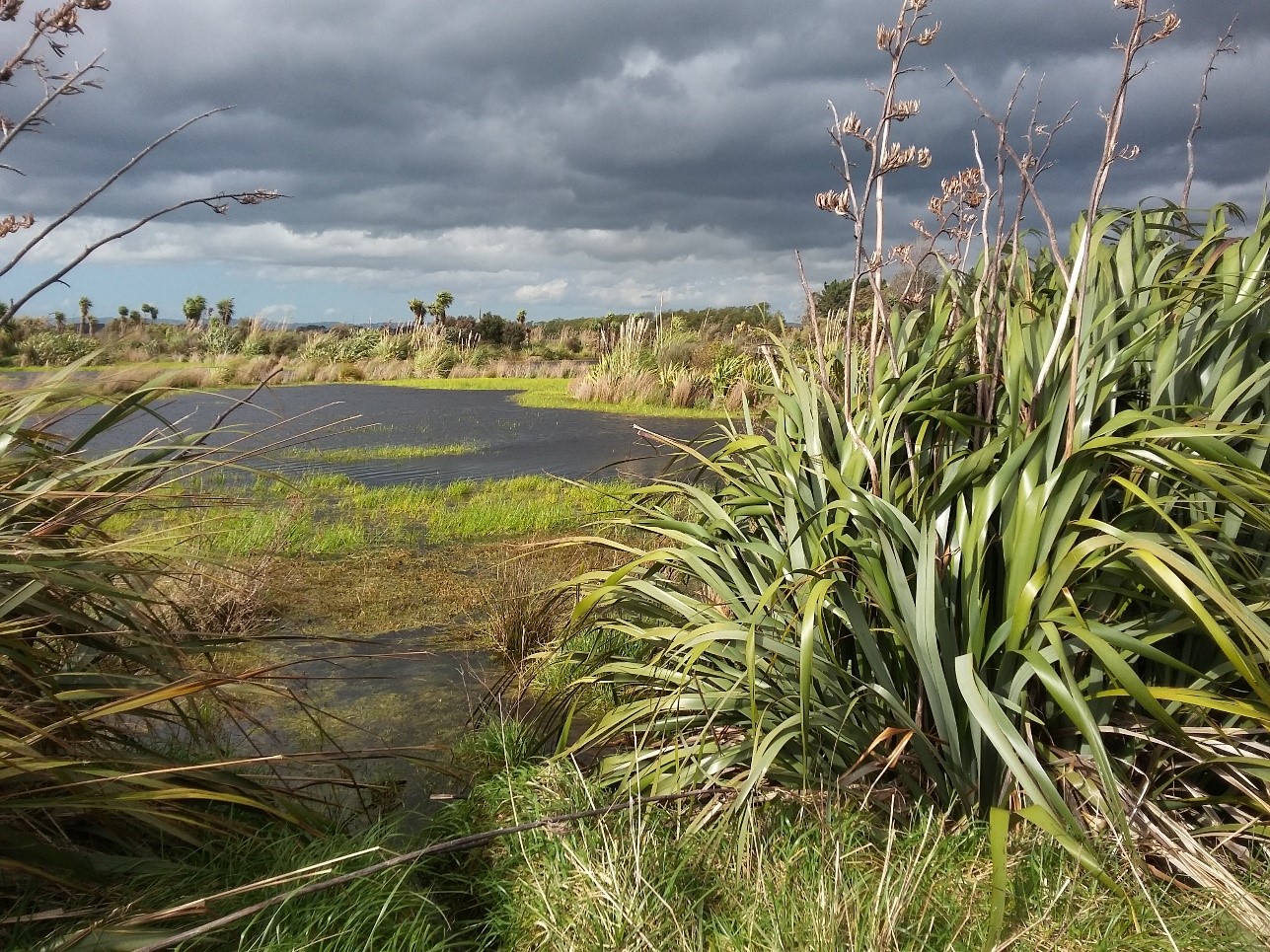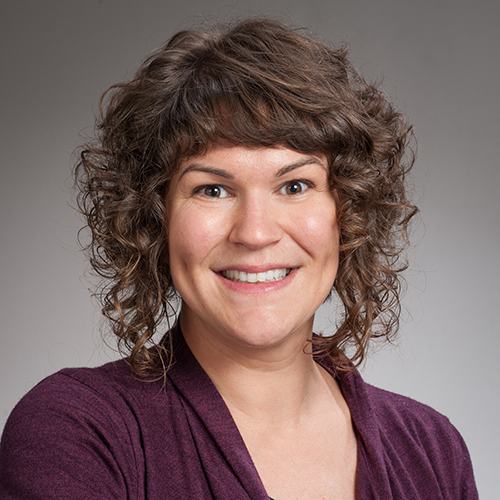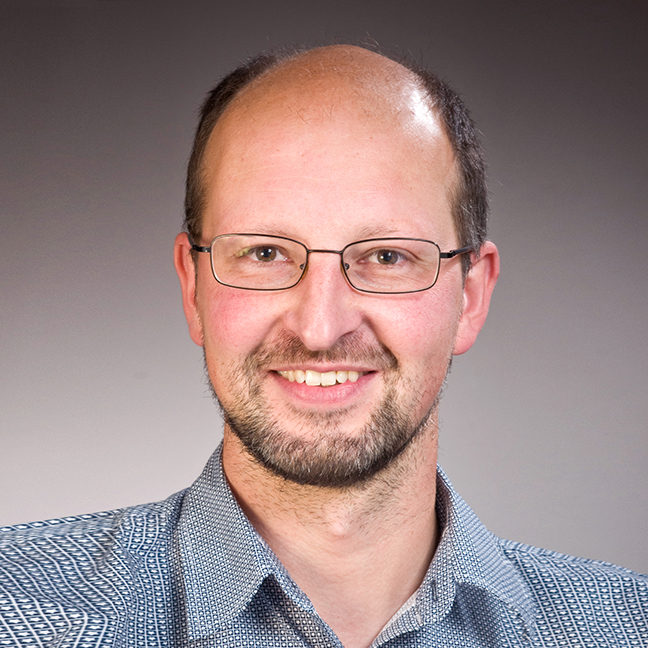Wetlands for People and Place

New Zealand’s wetlands are valued by Māori as taonga, or highly prized natural resources. Wetlands purify water, provide habitat for birds and fish, and attenuate floods. Despite the key role wetlands play in New Zealand, nearly 90% of New Zealand’s wetlands have been lost over the past 100 years. Many people are working hard to regain these lost wetlands. Recent regulatory changes to improve water quality have meant efforts to restore wetlands and riparian areas on private and public land are gaining momentum.
The Wetlands for People and Place collaboration brings together scientists and students from Victoria University of Wellington, relevant organisations, and communities with diverse expertise. Our collaboration blends ecological and social research to improve wetland restoration outcomes. Several questions drive our broad goals.
Where should we restore wetlands to gain the greatest benefits for people and ecosystems?
Where we restore our wetlands matters. Wetlands restored in key locations can improve biodiversity and water quality while promoting sustainable and resilient agriculture. Our research uses the tool LUCI (Land Use Capability Indicator), which produces detailed maps of landscape processes to guide better restoration strategies. LUCI is a globally-renowned tool unique in its capability to model ecosystem services and wetland processes at high spatial resolutions across broad areas. These models provide information for people deciding where to restore wetlands.
Why do people participate in wetland restoration projects?
Wetland restoration can unite communities towards shared values, while simultaneously creating healthier environments. Wetland restoration can be expensive and often relies heavily on volunteers and donations. Understanding how values and perspectives of people vary in different locations may facilitate more restoration at a cheaper cost, as well as build community spirit, restore mana (power or spiritual force) to wetlands, re-establish biodiversity, and create lasting legacies for future generations. We use participatory mapping and surveys to understand treasured locations for local people, as well as their motivations and preferences for wetland restoration.
Are our wetland restoration efforts fair?
Wetland restoration contributes many benefits. The location of wetland restoration affects who receives the benefits of flood protection, clean water, recreation, and mana associated with access to culturally important resources and ecosystems. We are exploring the links between wetland restoration and demographic information, such as income, ethnicity, and gender, and historical context to provide solutions for more equitable wetland restoration in New Zealand.
How can emerging technology be used to improve wetland restoration outcomes?
Small wetlands can be disproportionately important ecosystems relative to their size, but they are challenging to map. New technology means mapping small wetlands and their processes is increasingly feasible and affordable. We use UAVs to map and distinguish wetland plants and their health following restoration. We use LIDAR to produce digital elevation models with high spatial resolutions.
Outreach
Please see the immersive VR website Glistening Water developed as an educational tool to tell the stories of the Wairarapa Moana.
Wet and Wild – documenting the many research and management collaborations developed at Wario Wetland.
And an update on how research scholarships aid wetland conservation
Articles on the research of students supported by the Ducks Unlimited Wetland Care scholarships:
- Shannon Bentley – recipient of the first DU Wetland Care scholarship (Jan 2021)
- Wetland restoration under the microscope (Aug 2021)
- Hot on the trail of rats – Ellen Carlyon tracks their movements for her MSc thesis (pg 3. March 2023)
- Research scholarships aid wetland conservation (Jan 2024)
- Elusive bitten caught on camera (Feb 2024)
Acknowledgements
Funding for this project has been provided by the Holdsworth Foundation.
-
For more information about the project, please contact any of the CBRE staff below:
Associate Professor
School of Biological Sciences
Associate Professor
School of Biological Sciences
Deputy Head of School
School of Geography, Environment and Earth Sciences



